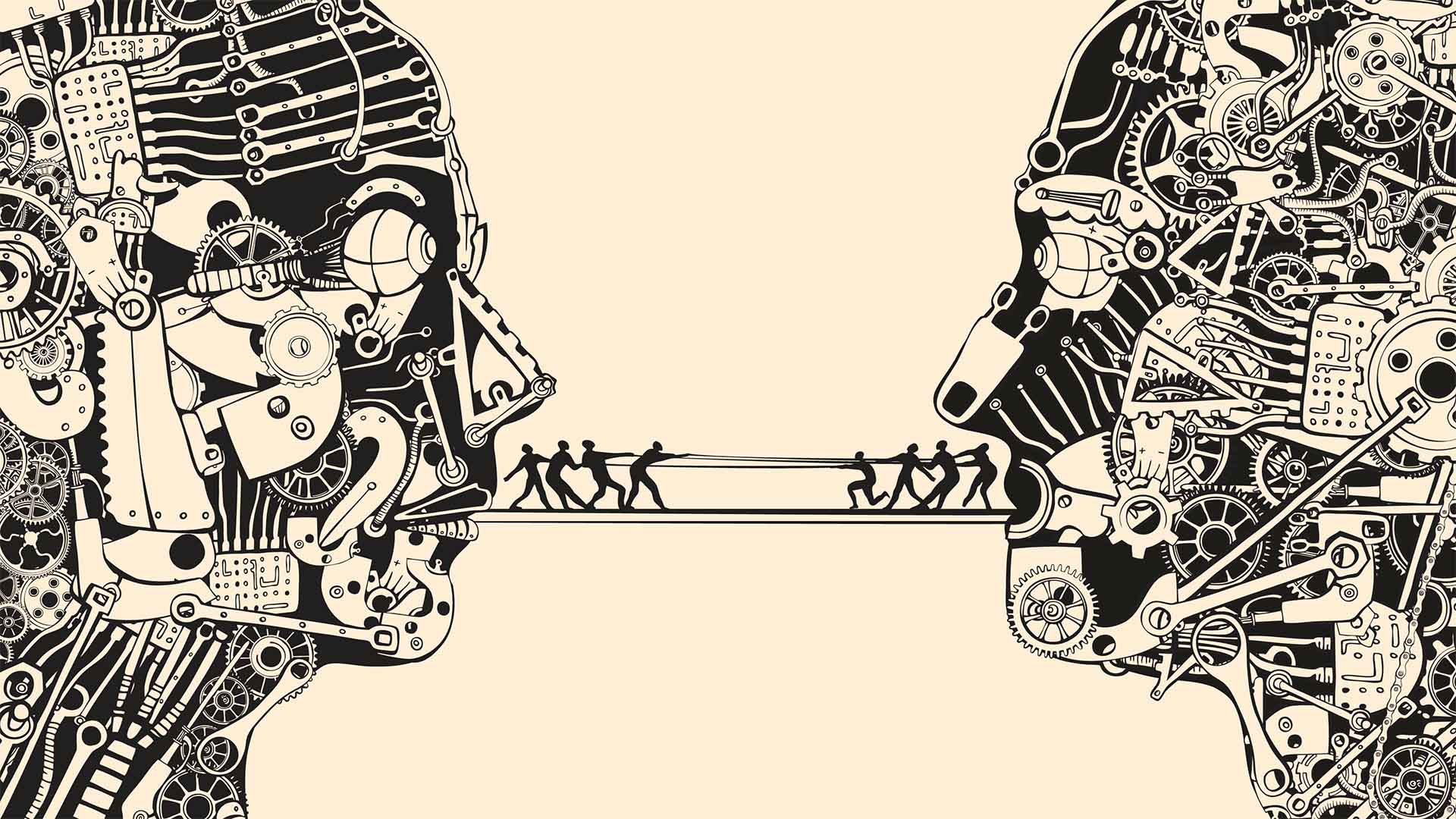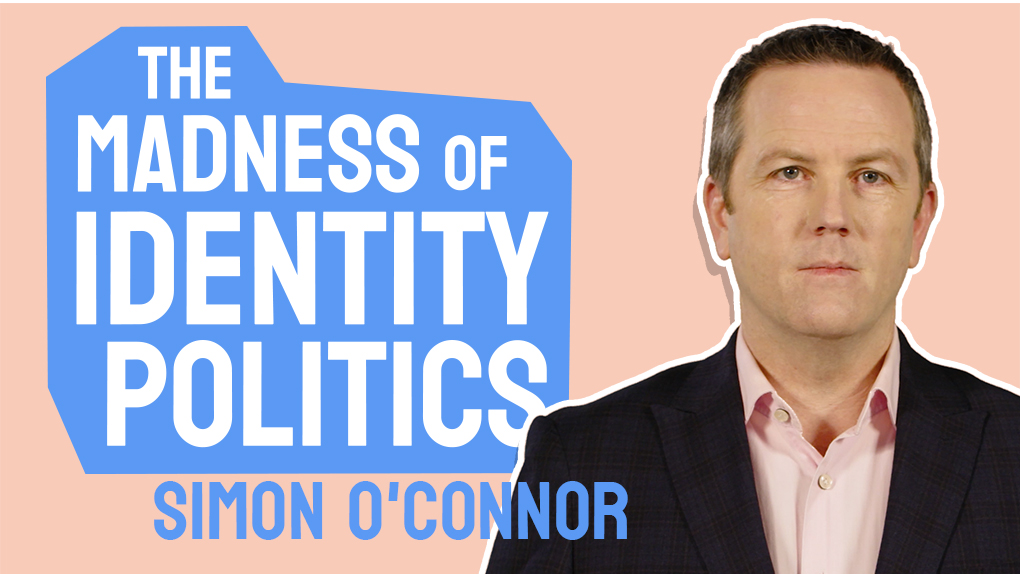Are political parties too tribal?
Thomas Cranmer, Contributing Writer
11 May 2023

Assessing the impact on democracy and the escalation of polarisation
Political parties play a significant role in democratic systems, including in New Zealand. They provide a means of organising political representation and facilitating the functioning of the government. However, the question arises whether political parties, with their inherent tribalism and policy conformity, are necessary for a functioning democracy. The shortcomings of political parties are apparent on an almost daily basis with elected representatives and supporters encouraged to maintain a blind support for party policies even when faced with legitimate criticism. The adversarial nature of the Westminster system makes it difficult for politicians to admit mistakes and the net effect is an exacerbation of polarisation.
When New Zealand’s parliament was first formed, there were no political parties. Members of Parliament were independents, who were voted into Parliament by their local electorates. The first formal political party was the Liberal Party, which won enough votes to become the government in 1891. Grouping together as a party gave them advantages in gaining votes and financial support. In 1909 the opposition came together and formed the Reform Party.
This early model allowed for a more fluid system in which representatives could form alliances based on specific issues or shared values, akin to the ad hoc alliances of senators in Ancient Greece. This approach fostered independence of thought and the ability to question policies without fear of party backlash.
Clearly, however, political parties offer several benefits compared to independent candidates in political systems which is why they have become so ubiquitous in modern times. Firstly, political parties provide a platform for like-minded individuals to come together and collectively advocate for their shared ideologies, policies, and principles. This collective strength allows parties to pool resources, mobilise supporters, and build a stronger political base.
Secondly, parties provide a structure for organising and coordinating political campaigns, making it easier to reach a broader audience and compete effectively in elections. This allows parties to offer a clear choice for voters, as they provide a recognisable brand and set of values that can help voters align their preferences with a broader political ideology.
Additionally, parties also offer stability and continuity in governance, as they provide a framework for forming governments and implementing policy agendas. By fostering a sense of collective responsibility, parties encourage collaboration and compromise among their members, leading to more coherent and effective policy-making processes.
However, as political parties have become more institutionalised over the last fifty years, they have inevitably become more detached from the public. In the first instance, MPs who once owed their loyalty solely to their constituents now face split loyalties given they are elected by their constituents but are selected through the party process.
Thus, on one hand, MPs are expected to be responsive to the needs and concerns of their constituents, as they are elected representatives meant to advocate for the interests of the people they serve. They have a duty to represent their constituents’ views, address local issues, and act as a voice for their communities. On the other hand however, MPs are also bound by party loyalty, as they owe their selection and potential re-election to their party’s support and infrastructure. This duality of loyalty can create tension, as MPs may face the challenge of balancing the desires of their constituents with the demands and expectations of their party leadership.
New Zealand, of course, now uses the MMP electoral system, which includes the use of List MPs that provide proportionality to the system. These MPs essentially owe their complete loyalty to the party, and they may well have secured a position of the party’s list due to their connections to the party. This aspect of the MMP system can raise concerns regarding the accountability and representation of List MPs. There really is no incentive for List MPs to deviate from their party’s agenda at all, nor to collaborate or exercise any independence of thought.
A recent example of these types of tensions, was the controversy surrounding Gaurav Sharma’s expulsion from the Labour Party last year. Amidst a number of accusations, Sharma alleged that the then party whip, Kieran McAnulty chided Sharma, reminding him that his first loyalty was owed to the party and then to the country. Although McAnulty denied having said words to that effect, the alleged exchange offered a glimpse inside the party that rang true for many in the country.
Beyond split loyalties, political parties tend to exacerbate polarisation. The presence of distinct party ideologies, with a range of policies associated with each, creates an “us versus them” mentality. Supporters are often unwilling to engage in dialogue or consider alternative viewpoints, as questioning party positions is perceived as disloyalty. This tribalistic mindset hampers compromise, cooperation, and the search for common ground, leading to heightened divisions within society.
These issues were touched upon by Labour MP, Louisa Wall in her valedictory speech to Parliament last year when she alleged that party president, Claire Szabó, had taken “unconstitutional actions” to have Wall deselected as the party nominee for the Manurewa electorate despite Wall maintaining the strong support of the local selection committee.
Wall made a point of emphasising her desire for more collaboration in Parliament, saying “I have learnt that working across the House is the best way to make effective and long-lasting change. I have always been grateful to my colleagues in other parties who are willing to listen and are open to discuss issues, and I acknowledge that the engagement of colleagues on this side of the House has often been influenced by matters outside the issues. In my view, there is no place here for an us-and-them mentality. We need to be more kaupapa- rather than personality-driven.”
As Wall discovered, belonging to a political party often entails an expectation of supporting a range of policies as articles of faith, even if individuals may only agree with some of them. This can present a dilemma for party members who find themselves in disagreement with certain party positions. Questioning or challenging these policies is sometimes perceived as an act of disloyalty, undermining the cohesion and solidarity within the party.
Moreover, political parties are not simply monolithic institutions with one ideology. Factions within a political party can give rise to internal conflict that can significantly impact the primary work of politicians representing their constituents. These factions often emerge when different groups within the party hold divergent policy preferences, ideological beliefs, or personal ambitions.
We see this issue at the moment with the Green Party and the decision of its MP, Dr Elizabeth Kerekere to leave the party amid an internal investigation which many suspect to be little more than a witch hunt designed to drive Kerekere from the party. At its heart, lies an internal power struggle between two warring factions. On the one side is the social justice faction of the party which is focused on progressing decolonisation, ethnicity, gender, sexuality and rainbow issues. On the other side lies the environmental and climate faction.
Tensions within the Green Party have been rising for years. Last year, the co-leader James Shaw needed to be re-elected to his leadership role and then was forced to step aside from his long-held candidacy in the Wellington Central electorate due to pressure from the social justice faction. All of this detracts from the work that politicians should be doing on behalf of the country.
Perhaps the key is to strike a balance between the benefits of political parties and the need for more flexible and fluid approaches to governance. This could involve promoting a more inclusive and open political discourse, where dissent and disagreement are encouraged, and loyalty to the public interest takes precedence over loyalty to the party. It could also involve greater use of independent candidates and ad hoc alliances, while still recognising the value of political parties in promoting a unified voice and clear platform for their candidates. Such an approach would encourage representatives to evaluate policies on their merits, rather than blindly adhering to party lines.
Additionally, New Zealand could consider adopting mechanisms to enhance citizen engagement and participation in decision-making processes. This could involve implementing more frequent referendums or citizen assemblies, allowing for direct input and deliberation on important issues. By including citizens directly in decision-making, the tribalism associated with political parties could be mitigated, promoting a more inclusive and diverse democracy.
Internationally, several countries have embraced mechanisms to enhance democracy through increased citizen engagement and participation. Switzerland, known for its direct democracy system, regularly holds referendums on a wide range of issues, empowering citizens to directly influence policy decisions. Iceland’s use of citizen assemblies, such as the Constitutional Council, has allowed for direct input from randomly selected citizens in the constitutional reform process and Ireland has utilised citizens’ assemblies to deliberate on significant topics, including abortion rights and climate change, leading to informed recommendations for legislative changes. In British Columbia, Canada, citizens’ assemblies have been employed to address electoral reform, enabling citizens to actively participate in shaping the electoral system.
Thus, while political parties have historically played a crucial role in organising political representation, their drawbacks cannot be ignored. The blind adherence to party policies and the exacerbation of polarisation hinder democratic discourse and decision-making. Exploring alternatives, such as a return to a more fluid system or implementing mechanisms for citizen participation, could help address these challenges. By fostering independence of thought, encouraging open dialogue, and promoting inclusive decision-making, New Zealand can strive for a more vibrant and inclusive democracy, moving away from the tribalism associated with political parties.
Thomas Cranmer is a lawyer with over 25 years experience in some of the world’s biggest law firms. He divides his time between the UK and NZ. He writes on Substack exploring issues facing NZ under his nom du plume, Cranmer.
To receive pieces like this in your inbox subscribe to our newsletter.




